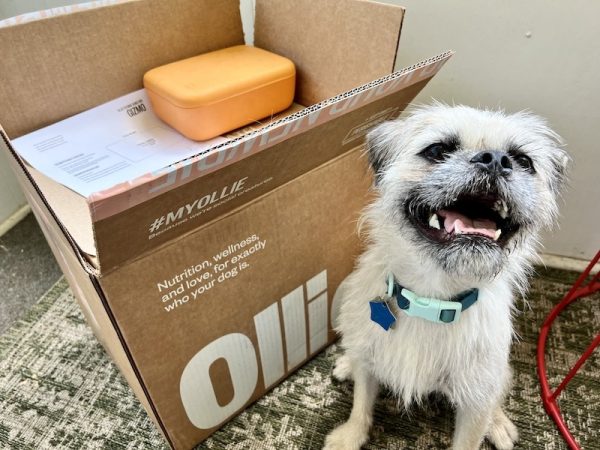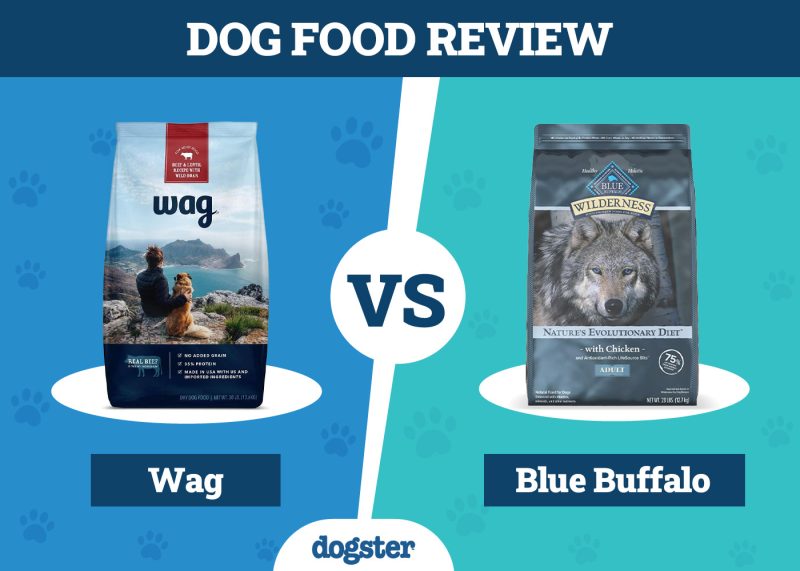In this article
View 4 More +In many areas, dogs are treated as family members. However, the same cannot be said for every place on Earth. While dog meat is consumed to a limited extent in the 21st century, there are still a handful of countries where dog meat is legal (and common) to eat and sell. An estimated 30 million dogs and cats are killed every year in Asia alone for this purpose.1
Read on to learn more about the dog meat trade, including what you can do to help stop it.

How Does It Work?
As difficult as it is for us to imagine, dog meat is consumed in many countries around the world. It is served in restaurants, put on dining tables at homes, sold during street markets, and prepared for special ceremonies and rituals. It is said that the ways these dogs are captured, transported, and ultimately slaughtered are inhumane. Also, many of the animals used to supply the trade in these countries are thought to be stolen from families or strays gathered from the streets.

Where Is It Used?
While the slaughter, purchase, and sale of dog meat is banned in many countries, it is still legal in a shocking number of places.
You can legally consume dog meat in places like China, France, Russia, Brazil, and even Australia (except South Australia). It’s also legal to slaughter, sell, and consume dogs in Canada.
It might also surprise you to learn that several U.S. states have no laws banning the consumption of dogs and cats. However, the Dog and Cat Meat Trade Prohibition Act of 2018 (DCMTPA) is a bill that outlaws the transporting, possessing, and slaughtering of dogs (and cats) for human consumption. The DCMPTA does, however, include an exception for native rituals. Some Native American tribes, such as the Kickapoo peoples in Kansas, Oklahoma, and Texas, do include puppy meat in their traditional festivals.
Motivations for Eating Dog Meat
For folks who look at our pets as family members, there are no advantages to eating their flesh. However, it’s important to remember that other cultures operate differently. While it’s hard to believe that there would be any advantages to eating dog meat, these cultures claim to have their reasons for doing so.
For example, dog meat is believed to have medicinal properties in many Nigerian states. They think that the meat can improve their sex life and provide disease immunity. In China, it was believed that dog meat could raise the body temperature to promote warmth during the winter. Traditionally, the meat from black dogs was highly treasured, as it was said to drive away evil spirits.
Dog meat was used in many European countries during times of scarcity, such as during famines. It was called “blockade mutton” in Germany and was consumed during nearly every major crisis in the country.


Dangers of Dog Meat
Aside from the obvious concerns with animal cruelty, there are significant human health risks from eating dog meat.
Zoonotic Disease Transmission
The dog meat trade can directly and indirectly increase the risk of developing zoonotic diseases like trichinellosis, cholera, and rabies. In China, dog meat has been noted as a source of Trichinella infection in humans. Trichinellosis is a parasitic infection resulting from roundworms. It’s most commonly caused by the consumption of undercooked or raw meat and can vary in severity. Signs can last for several months.
Dog meat consumers may also be at higher risk of developing cholera, an infection that can spread quickly, causing severe gastrointestinal distress and even death if untreated. Cholera outbreaks have been linked to the Vietnam dog meat trade, with traces of the bacterium that causes the infection being found in meat samples, on slaughterhouse equipment, and in the wastewater released from the slaughterhouses.
Vietnam is currently experiencing a huge surge in cases of human rabies, as evidenced by the 160% jump in fatalities in the first 4 months of 2024. While these cases can’t be attributed to consuming dog meat, the trade’s popularity in the country may be a contributing factor. It also encourages the mass production of unvaccinated dogs, adding to the poor vaccination rates and potentially encouraging disease transmission.

Poisonous Substances
Many traders may use poisons or sedatives like potassium cyanide and strychnine to facilitate the capture of the dogs. There’s no way for them to ensure the meat derived from the poisoned dogs is uncontaminated or safe at all for consumption.

Frequently Asked Questions (FAQ)
How Common Is Eating Dog Meat?
It depends on what country we’re talking about. However, many of the countries known for eating dog meat may not actually eat it as much as we think they do.
For example, many people think of China when they hear about the dog meat trade. However, many people in the country do not partake in the consumption of dog meat, and it’s not even part of the mainstream Chinese culinary culture. In fact, the cities of Shenzhen and Zhuhai banned cat and dog meat consumption in 2020, and the Ministry of Agriculture declared at the same time that these animals are companions and not livestock.
However, the same cannot be said of other countries. According to reports as recent as February 2022, approximately 388,000 dogs are transported from farms to slaughterhouses and used as food in South Korea annually. However, new laws set to come into force by 2027 are being put in place in the country, banning the slaughter and sale of dogs for meat, suggesting that there’s a promising shift occurring in the cultural norm.
Reports suggest that 2 to 3 million dogs are slaughtered every year in Cambodia.

What Can Be Done to Stop the Dog Meat Trade?
There are many things one can do to stop the dog meat trade.
- Not partaking in the consumption of dog meat
- Boycotting restaurants that have it on the menu
- Sending letters to the restaurants that serve dog meat to request that they remove it from their menus
- Writing letters to lawmakers to pass legislation explicitly recognizing cats and dogs as companion animals and not livestock
If you live in a country that doesn’t consume dog meat, you can still do your part to put a stop to the practice worldwide.
- Starting or signing petitions to end the trade
- Providing financial support for organizations on the front lines
- Volunteering with organizations like Harbin SHS Animal Rescue that rescue dogs from meat farms
- Adopting a dog from one of the rescue organizations on the front lines

Conclusion
Millions of dogs and cats are slaughtered every year for the purpose of consumption. While great strides are being taken worldwide to stop the trade, there’s still much work to be done to end it altogether. There’s a lot you can do from the comfort of your own home to do your part, including signing petitions to end the trade, offering financial support to or volunteering for organizations on the front lines, and even rescuing a dog from the slaughterhouse.
Featured Image Credit: Kulkov Andrey, Shutterstock



















2 Responses
plz help
Hi Melody!
What can we help with? 🙂
Thanks!